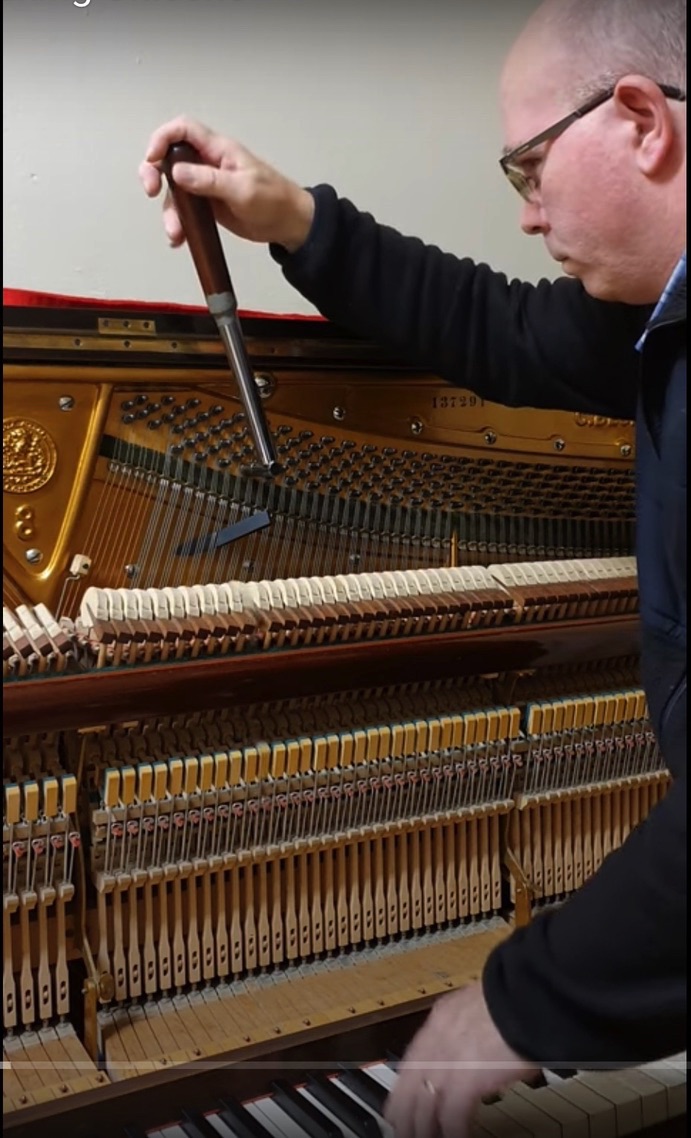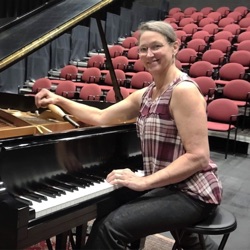The Butler School of Piano Technology
Piano Tuning School
Learn Piano Tuning at your own pace!
Learn to Tune Pianos
About our Piano Tuning Course
"The Internet Learning Exchanged"

What sets our piano tuning course apart?
Our unique approach and features are designed to help you master the art of aural tuning.
Our piano tuning course is not just another set of instructions. It is interactive, engaging, and designed to improve your aural tuning skills to the highest level.
Before we delve into the ways our course extends beyond text and videos, let's consider the role text and videos play. Each lesson contains numbered paragraphs. Following each sub-heading, you will find questions. Can you answer these questions? If there's a question you're uncertain about, you can revisit the material to locate the answer. At the conclusion of the section, there's a link to a written exam. These questions are not multiple-choice; instead, you must provide your own answers, and immediate feedback on correctness is not available. You will submit your written exam via email, and we will review it and provide written feedback.
What is the role of videos in our learning process? Videos serve two primary purposes: you can watch a video, and you submit a video. Each lesson includes multiple aural tuning exercises. We will explain each step of the exercise using written instructions. We will delve into the rationale behind the exercise and its contribution to developing your aural tuning skills. Additionally, a video demonstrating each step of the exercise will be provided. It is crucial to watch and listen carefully to grasp how the intervals are related to each other. Following this, you will find a link to an aural tuning exam. Once you click on the link, you can follow the instructions to submit your video exam. After submission, we will review your video and provide feedback accordingly. We often respond to comments via email. On occasions where necessary, we will send you a personalized video with our suggestions. If we deem it beneficial, we may also schedule a Zoom session. We can live stream high-quality audio with a strong internet connection, making these sessions highly valuable.
Our one-on-one strategy, combined with the instructional tuning videos, has been a resounding success. This personalized approach is not just a theory; it's a proven strategy that works. Please don't take our word for it; ask our students. The “Internet Learning Exchange” really works!
Meet our Instructors
"The Internet Learning Exchange"

